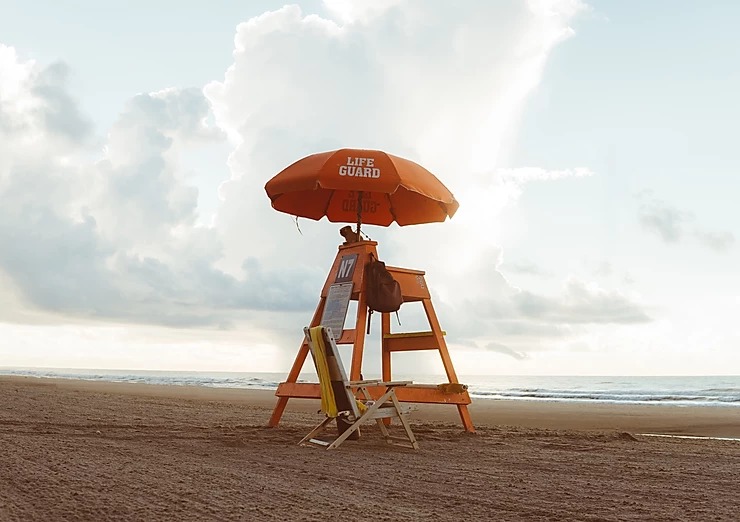Depending on what stage you are in your life, buying a life insurance policy can either be on the top or bottom of your list. When it is time to start looking, you want to know how insurable you are. In general, there are several types of life insurance available such as:
- Term Life Insurance
- Whole Life Insurance
- Universal Life Insurance
- No Medical Life Insurance
At some point, this will be one of the important decisions you make for your future, and especially your family. However, what if you are declined and/or deemed ‘uninsurable’? It’s important to know that you still have options available to you. If you have been previously declined for a life insurance policy or fear that you may be declined, consider these life insurance points to better understand your options.
Pre-existing medical condition?
There are various health conditions that may result in a declined application such as: stroke, heart disease, alcohol use, diabetes, cancer, HIV or AIDs, and more. Of all the declined insurance applications, four out of every five of these applications are turned down for medical reasons, mostly because of heart ailments.
Find the right insurer: The good news is that there are some companies offering policies to those with pre-existing medical conditions. Not all insurers think in exactly the same way. Each company has its own unique grouping of risks for which they are more tolerant towards, and so some will insure what others may not. Depending on your health issues, a No Medical or Simplified Life Insurance policy may be right for you. As the name implies, there is no-medical exam.
That being said, a no medical insurance policy is not right for everyone. In fact they are designed for applicants with significant health issues. Know that these policies can carry higher premiums and lower face amounts than traditional life insurance policies.
Change the situation: If you’re currently suffering from a chronic illness at the time you apply, the life insurance company may decline your application. But one important point that people often miss is actually taking care of themselves according to their health issues. Insurance companies don’t just look at the condition itself; they also look at its severity and how well you are managing it. Are you using medication consistently to keep it in check? Have you changed your diet and introduced exercise in an effort to maintain your health level? How much time has elapsed since your diagnosis and how long have you maintained your current health status? All this matters to an insurance provider considering your application, and could lead to lower premiums for you.
Affordability
When you think of cheap, do you think of less money, or less value? It depends on the product. When buying term insurance, you may think to start small by buying the cheapest policy and this may be right in some cases. However, there are times when what’s cheapest now gets much more expensive later. Some insurance companies use low initial premiums as a type of loss leader to get the sale but then they make it up by bringing up the cost when it’s time to renew.
As always remember that it makes sense to do your homework or get an independent agent to do it for you. What you want to avoid is working with a ‘captive agent’ because they can only provide you with quotes from their one company. Avoiding captive agents will help you find the lowest cost life insurance based mainly on the fact that captive agents only have one product to offer.
Temporary or Permanent Insurability
Sometimes “insurability” may be temporary, and sometimes it can be a long-term state. Apart from the medical conditions, other factors such as dangerous recreational activities and sports, foreign travel, dangerous occupation, careless driving or DUI may be a temporary situation based how you choose to proceed. Since careless driving poses a life-threatening situation, some insurers can either deny a life insurance application or even cancel an existing one. There is a chance that your life insurance application could be denied if your job is considered too dangerous. (e.g. miner, pilot, offshore diver, offshore drilling platform worker, police bomb squad team member, etc). Doing rock climbing, paragliding or skydiving professionally? Your life insurer may have a problem with this, so investigate your options thoroughly. Some providers offer a high-risk insurance policy that includes such activities.
A criminal conviction for fraud, for example – make it virtually impossible to buy any type of insurance. Even still, many types of policies have their own specific factors that may lead to “uninsurability”.
